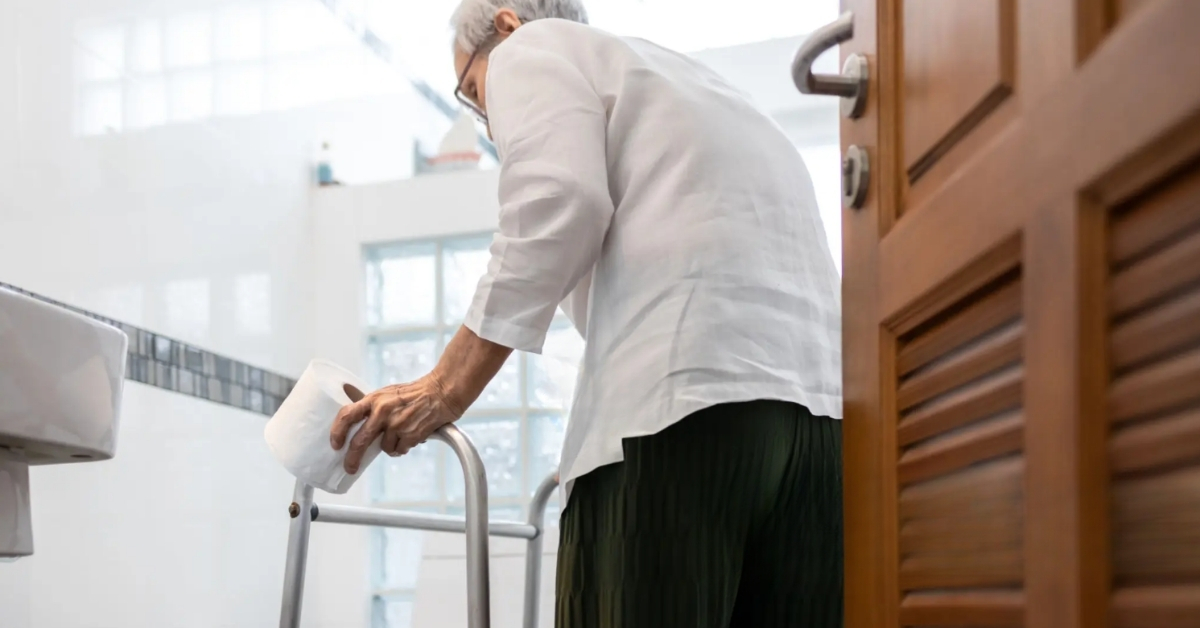Common Incontinence Myths
Posted by Eversures on October 16, 2023
Top 5 Myths About Incontinence—And How You Can Take Control
Get the facts and discover practical solutions today.
Think incontinence is just for the elderly? Think again. Many myths surround this condition, but knowing the truth is the first step to better management. Here’s what you need to know.

Incontinence affects people of all ages and is often misunderstood. This article breaks down five common myths and provides valuable insights to help you take control of your condition. With the right information, you can manage your symptoms and regain confidence.
5 COMMON MYTHS ABOUT INCONTINENCE:
1. Incontinence only occurs in older individuals. Many believe that incontinence is a condition only experienced by senior citizens or aging individuals. According to health.com, 1 in 4 women over the age of 18 experience involuntary leakage. Another statistic shows that one third of all adults between the age of 30 and 70 have experienced loss of bladder control. While incontinence can be more common in older individuals, adults of all ages are coping with this condition on a daily basis.
2. Incontinence is a persistent condition that cannot be reversed. The most important thing to understand about incontinence is that it is the symptom of an underlying issue, not a disease. While incontinence can be the result of a serious condition, often times there are ways to maintain or reverse incontinence. There are various therapies, medical treatments, and even surgeries that can reverse incontinence symptoms. Consult with your doctor to learn which approach is best for you.
3. Only women suffer from incontinence. Incontinence is more common in women – especially following childbirth or intrusive surgeries – however, an estimated 3.4 million males in the United States are coping with incontinence as well. Men are more unlikely to discuss their incontinence with friends, family, or their doctor, causing many men to become uninformed or ill informed about their condition. Despite many preconceived notions, incontinence is a manageable and sometimes reversible condition for both men and women.

4. Incontinence will go away on its own. Many are embarrassed or nervous to discuss incontinence with others and hope that it will eventually resolve itself. However, this is not the case. It is very important to talk to your doctor or health professional to learn about what can be done to alleviate incontinence symptoms. In many cases, incontinence is treatable and even reversible. Don’t shy away from seeking out help, the sooner the better.
5. Incontinent undergarments can’t be discreet. There are numerous advances in incontinence underwear and absorbent technology that allow individuals to lead happy, active lifestyles. These undergarments are stylish yet functional, offering necessary protection with minimum visibility or noise. Incontinence briefs and incontinence panties come in a variety of styles for both men and women, making it less stressful to live with incontinence. Certain types of incontinence undergarments are even reusable for up to 250 washes, providing eco-friendly and cost effective solutions as well.

